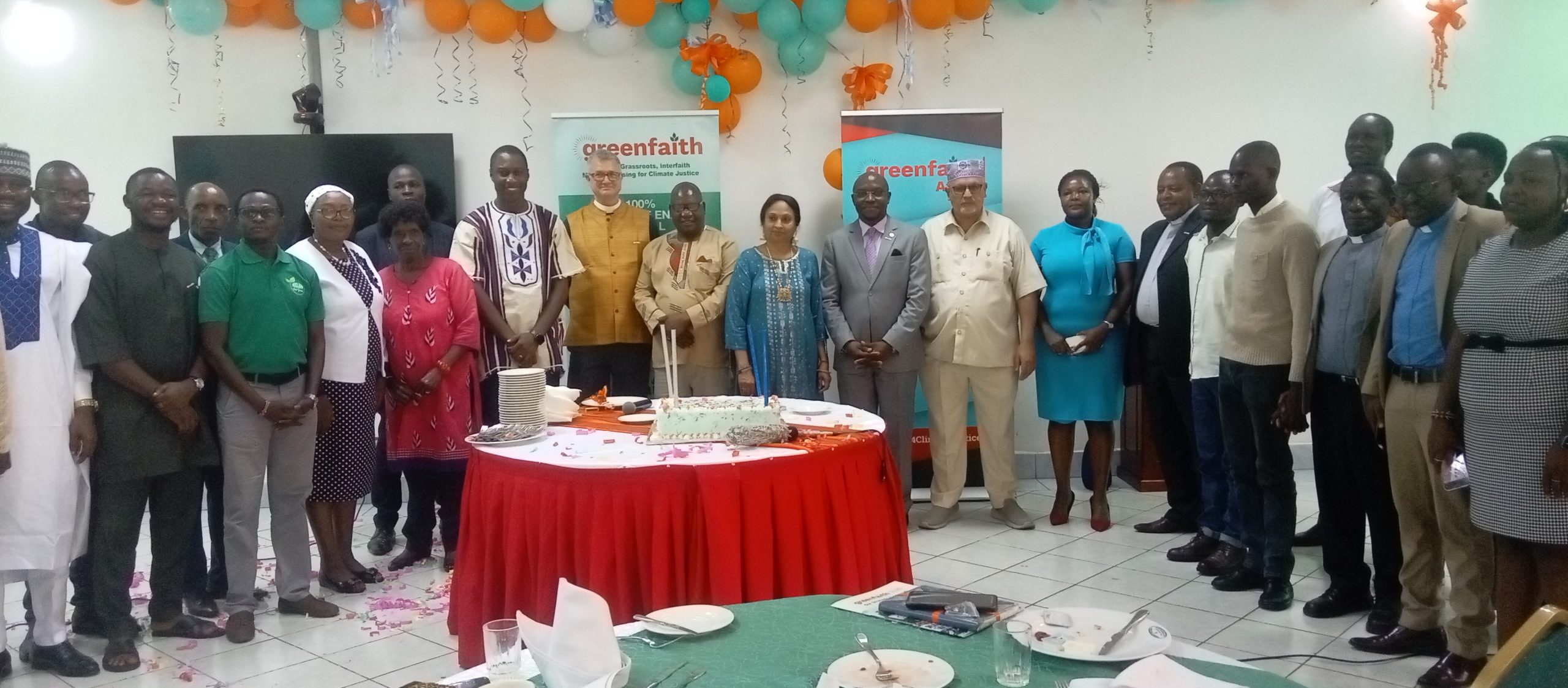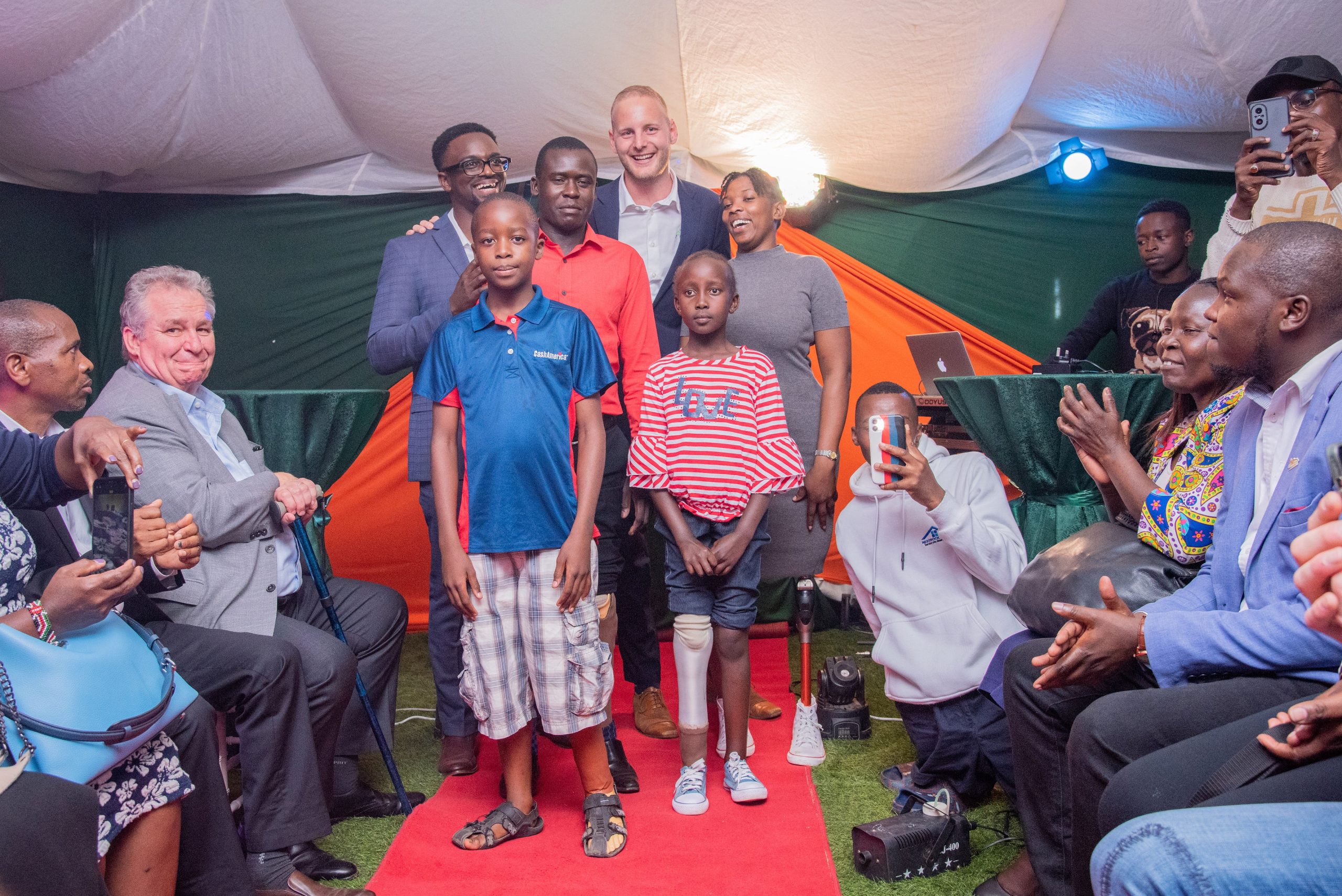By Eddah Waithaka
The Pan African Climate Justice Alliance has expressed its disappointment with the outcome of the COP29 climate negotiations in Baku, Azerbaijan. In a press release issued on November 25, the organization said, “As we absorb the outcome of the all-stakes COP29, dubbed the ‘finance COP’, it reverberates across mountains, valleys, oceans, rivers and around the world that once again the rich countries have had their way – delaying action and evading their duty to pay what is due to the victims of their actions. “
In addition, the discrepancy between the USD 300 billion commitment and the USD 1.3 trillion target highlights a significant failure to adequately address the urgent climate adaptation needs of African and developing nations.
This shortfall not only undermines the resilience of the most vulnerable communities who are already facing the harsh realities of climate change, but it also raises critical questions about the effectiveness of financing mechanisms that rely heavily on varied and uncertain sources.
By straying from the commitment to public finance that is central to the Climate Change Convention and the Paris Agreement, this approach risks perpetuating a fragmented system that prioritizes financial models over sustainable development, ultimately hindering the collective global effort to combat climate change and protect those who are most affected.
The implications of this funding shortfall are particularly dire for developing countries, which are now at risk of spiraling deeper into a cycle of debt as they attempt to meet escalating demands for climate adaptation and mitigation amidst limited resources.
Read Also :https://switchmedianews.wordpress.com/2024/11/22/men-with-disabilities-call-on-government-for-creation-of-specific-policies-and-advance-existing-proposals-to-tackle-the-unique-challenges-on-international-mens-day/
“This situation is exacerbated by the disappointing deal, which fails to provide meaningful relief or innovative solutions for nations that have long been marginalized in discussions about climate finance. And the problems for Africa do not end in the size of commitment. Article 6 has been messed up to centre the carbon market in the mobilisation of climate finance. This is a bold departure from the Paris Agreement, centring carbon market in climate finance as opposed to their contribution to reducing emissions, a role this market has played with dismal performance with peaking emissions
and violations of human rights,” read the statement.
“A COP where justice, equity, reparations, and responding to the needs of climate-vulnerable people ruled the airwaves, this was a stab at the back. Unfortunately, the decision on the carbon market was lauded in the COP29 Presidency closing speech as a breakthrough – a height of hypocrisy.”
For PACJA, the outcomes of COP29 in Baku represent one of the most regrettable chapters in the history of climate negotiations. In the days ahead, civil society will conduct a comprehensive analysis of the conference’s implications, assessing its shortcomings and the broader impact on climate justice.
Other African Civil Society groups, representatives of Indigenous communities, faith groups, farmer groups, youth, and parliamentarians also joined in to express their disappointment.
Mariana Paoli, Global Advocacy Lead, Christian Aid, said,”People of the global south came to these talks needing a lifeboat out of the climate crisis. But all they got thrown was a plank of wood to cling to. This summit has been hijacked by rich countries who have failed to negotiate in good faith. The cost of their actions here will be paid in the lives of vulnerable people living on the front lines of the climate crisis.”
Manuel Pulgar-Vidal, WWF Global Climate and Energy Lead, and former environment minister and COP20 President, said, “The world has been let down by this weak climate finance deal. At this pivotal moment for the planet, this failure threatens to set back global efforts to tackle the climate crisis. And it risks leaving vulnerable communities exposed to an onslaught of escalating climate catastrophes. This is a serious blow to climate action, but it must not stall the transformative changes that are needed around the world. The science remains the same – we must accelerate action in this decade to prevent climate change spiralling out of control. All national and corporate leaders have a responsibility to step-up, go beyond the parameters of this deal, and deliver sufficient levels of finance to deliver the solutions needed around the world. This must not hold us back. We need to invest in our collective future.”






